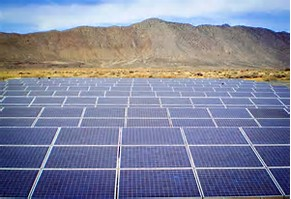Senegal is exploring unconventional ways to deal with two of its biggest infrastructure challenges, sanitation and energy generation, Reuters reported.
With unsanitary conditions widespread even in the capital city—Dakker—the Senegalese government has launched a program to convert toilets unconnected to any systems to be self-composting, thus reducing overall waste and health risks. Toilets that are connected to septic systems will be supplied with small pumps to make sure the waste actually ends up where it belongs.
“If we want to have a healthy and productive society, we need better sanitation for everyone,” said Sarah Nehrling, research manager for Innovations for Poverty Action, a partner for the program.
The eventual goal is to use the solid waste to power an electricity station, noted The Institute of Engineering and Technology.
The plant would be designed to generate 1,000MW every year, as well as produce drinkable water from the liquid inputs. The initial plant would produce enough electricity to supply about 5,000 people, but the planners have hopes that the technology could be scaled up to cover even more people.
Electricity costs in Senegal are high, and many residents are unable to afford access. The government hopes that the waste-to-energy plant could someday employ locals as well as supply them with electricity.












